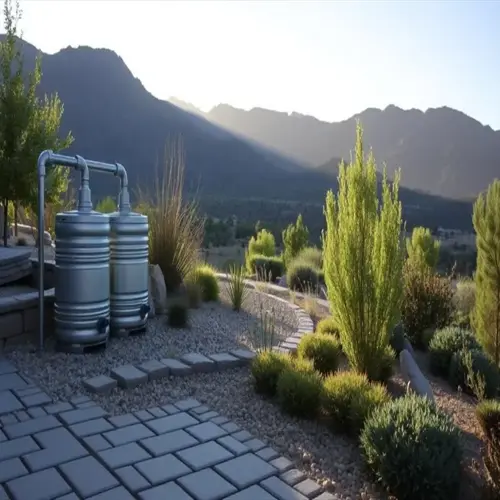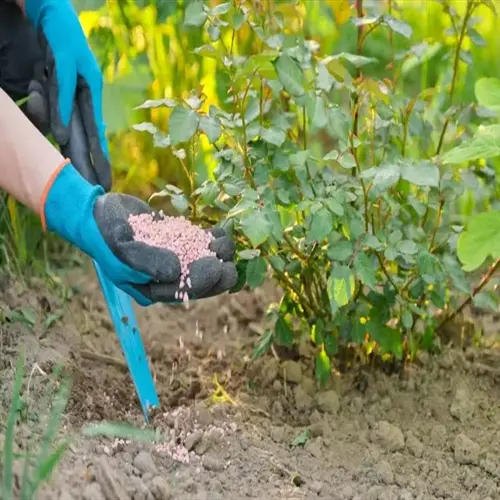Can weather conditions affect harvest timing?

Written by
Michael Sullivan
Reviewed by
Prof. Samuel Fitzgerald, Ph.D.Weather greatly affects the timing of beet harvests. If temperatures vary, the sugar profile, texture, and potential storage length of the beets are affected, often to the gardener's surprise. I've seen entire crops destroyed due to temperature fluctuations during plant maturation. Knowing temperature thresholds is helpful to preserve the quality of your harvest.
Cold Effects
- Sweet spot: 28-32°F (-2-0°C) frosts trigger sugar accumulation as natural antifreeze
- Danger zone: Below 25°F (-4°C) causes ice crystal damage to cell structures
- Protection method: Heavy row covers when temperatures approach freezing point
- Harvest window: 24-48 hours after light frost for peak sweetness
Heat Effects
- Stress threshold: Above 80°F (27°C) accelerates lignin formation creating woody texture
- Bolting trigger: Extended heat causes premature flowering and seed production
- Cooling technique: Shade cloth reduces soil temperature by 10-15°F (5-8°C)
- Harvest response: Pull immediately during heat waves to prevent texture loss
Moisture Factors
- Dry conditions: Soil moisture below 1 inch (2.5 cm) depth causes cracking and toughness
- Excess rain: Waterlogged soil leaches nutrients creating bland flavor profiles
- Ideal range: Consistent moisture at 2 inch (5 cm) depth maintains crisp texture
- Harvest timing: Wait 48 hours after heavy rain to prevent muddy roots
Regional variation necessitates a bespoke strategy. Northern gardeners like me can wait until October frosts improve sweetness. Southern growers need to harvest earlier to avoid summer heat peaks. Coastal regions will time their harvests based on changes in humidity. Trace the microclimate in your garden, as this can yield significant benefits.
Row covers give important protection. Use lightweight (0.5 oz) fabric for temperatures between 75°F and 85°F (24-29°C). Change to heavier frost blankets when the temperature drops below 32°F (0°C). I double-layer during unforeseen cold snaps. Always secure edges snugly to prevent wind destruction.
Observe forecasts near critical growth stages. Place wireless soil thermometers at the root depth. Record temperature fluctuations for your location. Each year, I compile a harvest log detailing the weather conditions. This will assist in estimating ideal windows for years to come.
Read the full article: When to Harvest Beets: Complete Guide

